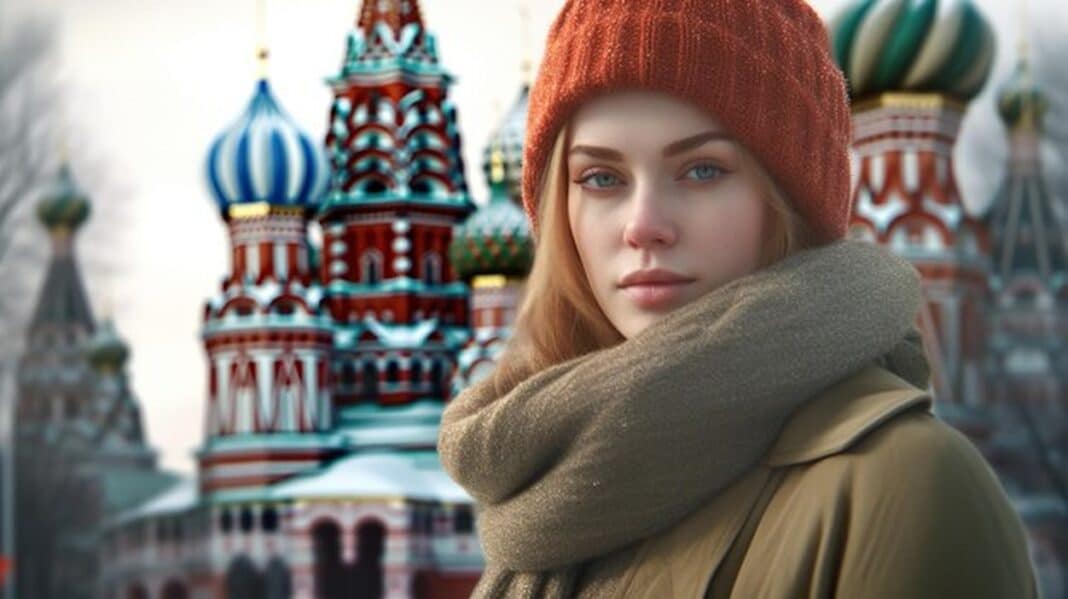The Roots Of Russian Literature An Overview
Russian literature has a diverse past. It began with early chronicles and religious works in the 11th century. Byzantine and Western civilizations influenced early forms. Writers eventually explored Russian life intricacies. The 19th century was a turning point. The world met some of the finest writers.
Novels introduced humanistic stories and personalities. Russian literature expresses everything from sorrow to success. Social and political events affected its growth allowing many views. Each age enriched this literary fabric leaving a lasting legacy.
Classic Influences The Works Of Tolstoy And Dostoevsky
Leo Tolstoy and Fyodor Dostoevsky are literary giants. Their writings explore morality religion and existential issues in the human psyche. Tolstoy War and Peace depicts Russian society broadly. The work blends personal and historical tales. It explores life love and loss throughout conflict. Dostoevsky however suffers psychologically. Crime and Punishment and The Brothers Karamazov examine morality and evil.
Many of his characters battle with guilt and redemption expressing faith and uncertainty. Literary strategies used by both authors inspired generations of writers. Their deep stories and philosophical concerns established a high literary standard. Their works make human inquiry universal.
The Silver Age A Time Of Poetic Flourishing
Silver Age Russian literature was a time of creative creativity. This period from the late 19th to the early 20th century has several lyrical voices and styles. It produced famous Russian poets like Anna Akhmatova and Osip Mandelstam. Love pain and contemporary life were common topics in their art.
Symbolism and Acmeism experimented with form. Poets used rich imagery and passionate lyricism to communicate deeper emotions. Many authors responded creatively to social and political instability. As society became more complicated it represented its fears and hopes. This period prepared literature for modernism. The Silver Age of Russian creativity shows how poetry may affect the human soul.
Social Realism In Soviet Literature
Soviet literature was dominated by social realism. This movement depicted communist working class existence. To promote Soviet principles writers had to write accessible stories. The purpose was to elevate the public. Thus numerous works addressed labour heroism and communal struggle. Maxim Gorky and Mikhail Sholokhov illustrate this trend. Their works depicted daily life and emphasized the proletariat. Though political such writing typically had artistic limits. The authors faced censorship and ideological demands.
Literary voices integrated personal experiences into the framework despite these obstacles. The effect of social realism on literature is immense. It paved the way for comprehending the social and political climate. It inspired subsequent authors to question these narratives.
The Post Soviet Landscape New Voices And Perspectives
Post Soviet literature saw new voices. After the Soviet Union collapsed authors could explore new subjects and ideas. The literary landscape diversified reflecting contemporary Russian society complexity. The authors explored identity memory and how political changes affect everyday living. Authors like Ludmila Ulitskaya and Viktor Pelevin offered new insights. To show modern Russian society they mixed fanciful and brutal reality. The internet gave developing voices a platform to reach more people.
Postmodern tactics were also used to challenge narrative frameworks. Literature became a place for exploration and contemplation. The evolving post Soviet environment provides new opportunities for expression and understanding.
Themes Of Isolation And Identity In Modern Works
Modern Russian literature explores loneliness and identity more than ever. Many modern writers investigate self complexity in a fast shifting sociopolitical setting. Their paintings reflect personal hardships alienation and meaning seeking. Technology and globalization enrich these tales. Characters typically balance personal goals with group expectations. Stories show how a chaotic history shapes civilization. Sergei Lukyanenko and Masha Gessen illuminate Russian identity.
Their paintings depict people struggling with their positions in a contradictory contemporary environment. Identity exploration frequently speaks to common human experiences across boundaries. Modern Russian literature helps us grasp self complexity in a globalized society.
What Defines The Silver Age Of Russian Literature
Distinct aesthetic and cultural developments marked the Silver Age of Russian literature. From the late 19th to early 20th century it contrasts with the previous time. This age saw Symbolism and Acmeism flourish. Poets used many approaches to communicate deeper emotions. Anna Akhmatova and Velimir Khlebnikov developed this environment.
Love grief and contemporary beauty were common themes in their art. The Silver Age generated a rich literary tapestry that impacted Russian and international authors. Their works capture the mood of an era that embraced and lamented cultural shifts with desire and curiosity.
How Did Soviet Regimes Affect Literary Production
Soviet governments influenced literature. State control shaped authors‘ topics and techniques. After social realism became necessary writers had to glorify working class life. Censorship and punishment of authors who deviated from accepted storylines hampered innovation. However several writers expressed disapproval subtly.
They criticized the dictatorship using metaphor and symbolism while following protocol. This conflict between art and politics influenced Soviet literature. This period continues to influence current Russian writing as writers consider their cultural and historical settings. Soviet literature depicted human perseverance in difficult conditions despite restraints.



